Healing After Tooth Extractions
The healing process after experiencing a tooth extraction will follow some baseline factors but will vary with each of us. We’ll look at the first variable, the tooth extraction itself, then identify variable factors that can influence the healing process, then the basic healing process itself.
The Tooth Extraction
The dental industry will do everything in it's power to help you retain your natural teeth. If there is an unfortunate accident or injury or advanced gum disease or an irreversible cavity, the dentists will do their best to save the tooth. If it needs to be extracted, an anesthetic is used to numb the immediate area and the tooth is quickly pulled. The only other method is to involve oral surgery, in which an incision is made to expose an impacted tooth or a tooth broken off below the gum line. This type of extraction may require sutures if the hole is too big to clot on its own.
Factors that Affect the Healing Process
Regardless the location of the tooth, a front tooth with one root or a molar with three or four roots, in all cases, after the bleeding has been stopped with pressure and gauze, a blood clot must form. The size of the hole will dictate the size of the clot and the time it takes to form properly. Your genetic makeup will change the healing from the baseline; better or worse. If you are on any type of blood thinner it will change your healing process. Poor oral hygiene will negatively impact healing. Smoking not only affects the clot in the short term but it also affects the volume of blood flow to the extraction site, slowing down the healing process as well.
Common Sense Steps in Proper Healing after Tooth Extraction.
First and foremost, your activity level should be dialed down for 24 hours to give that clot a chance to form. You will have been advised to not use a straw or inhale a cigarette for 72 hours. You will want to avoid alcohol and any type of hot beverage for 24 hours as well. It is also wise to stay away from hard foods. You need to continue to brush your teeth as you have been instructed, but you will want to avoid the extraction site. With a smaller hole you will have a clot that forms a new surface in roughly two weeks. It will obviously take longer with a larger hole and a larger clot. As mentioned, poor hygiene can lead to infections. Poor hygiene prior to the extraction may result in surrounding tissue that is not healthy and slows down the process. Poor hygiene through the recovery can create an environment for the introduction of an infection. Just like any other medical procedure you encounter, proper healing of an extraction site.
More on Tooth Extractions : How Much Do Tooth Extractions Cost?
